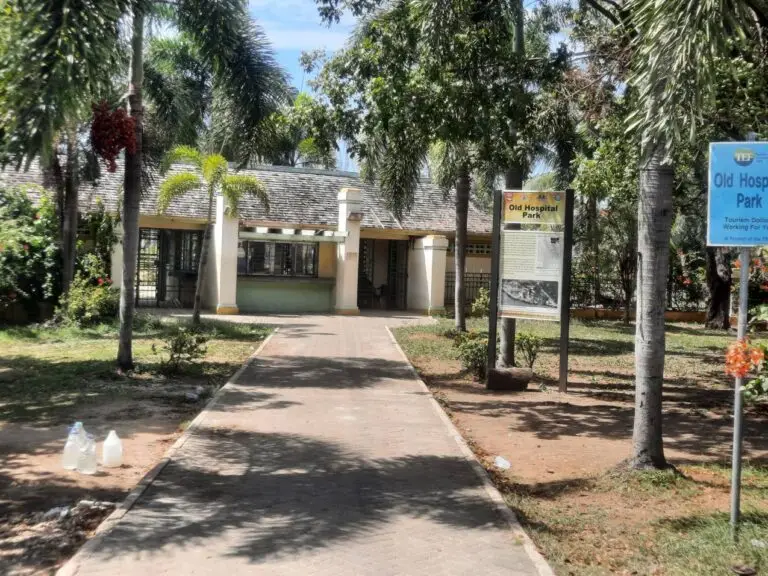MONTEGO BAY, JAMAICA — A renewed push for public safety along Montego Bay’s prized coastal stretch is in motion, with city officials revealing plans to install a permanent police presence at Old Hospital Park — a move set to anchor a broader transformation of the once-infamous Hip Strip.
The initiative is part of the city’s transition into a formal Business Improvement District (BID), a framework designed to strengthen commercial areas through coordinated investments in infrastructure, safety, and governance.
Though still in the planning stages, the proposed police post signals a proactive stance from the St James Municipal Corporation and the Tourism Product Development Company (TPDCo), who aim to repurpose existing park structures into a fully functional law enforcement facility.
Montego Bay Mayor Richard Vernon acknowledged that the boulevard’s appeal has, in recent times, been marred by concerns of visitor harassment — an issue flagged by hoteliers and captured in viral videos. “We’ve received formal complaints, and it would be irresponsible to ignore them,” Vernon stated. “If we claim tourism is our lifeblood, we must act like it — and safety is the cornerstone of a successful destination.”
The boulevard, now officially named Jimmy Cliff Boulevard, remains one of the city’s busiest corridors for tourist foot traffic — home to boutique hotels, artisan stalls, eateries, and beach access points. However, local authorities have grown increasingly concerned that security vulnerabilities could threaten the street’s commercial future.
The Business Improvement District model being pursued is nearing completion, with Vernon reporting that roughly 83% of the legislative and structural framework has been finalized. Full implementation is expected in the upcoming fiscal year.
The police post will serve not just as a response center, but a symbol of stability and confidence for investors, residents, and tourists alike. Vernon emphasized that the city’s broader vision includes not just beautification, but economic rejuvenation underpinned by robust safety measures.
“This is more than just installing cameras or assigning patrols — it’s about transforming how the boulevard operates as an ecosystem,” Vernon said. “We’re building a district where businesses can thrive, tourists can linger, and law enforcement becomes a natural part of the environment.”
Tourism accounts for nearly a third of Jamaica’s GDP, and with Montego Bay serving as one of its premier gateways, city leaders are increasingly treating local development as national strategy.
Whether the proposed police post meets its target installation date remains to be seen, but the signal from the city is clear: Montego Bay’s waterfront is entering a new era — one shaped by intention, investment, and a firm commitment to safety.






